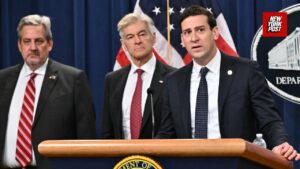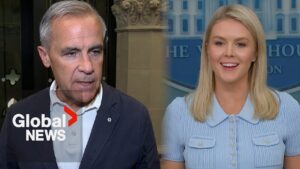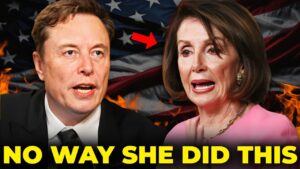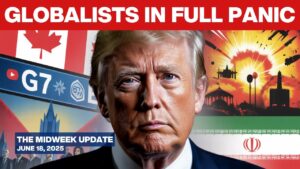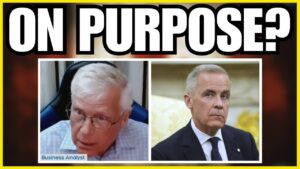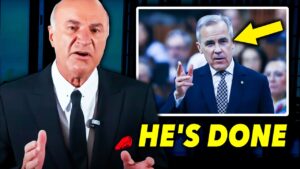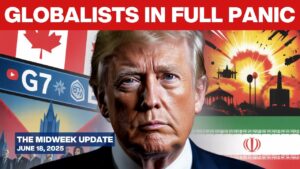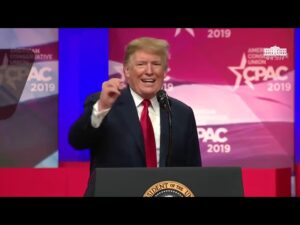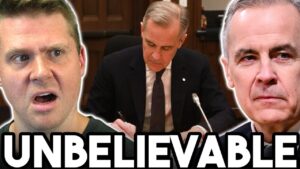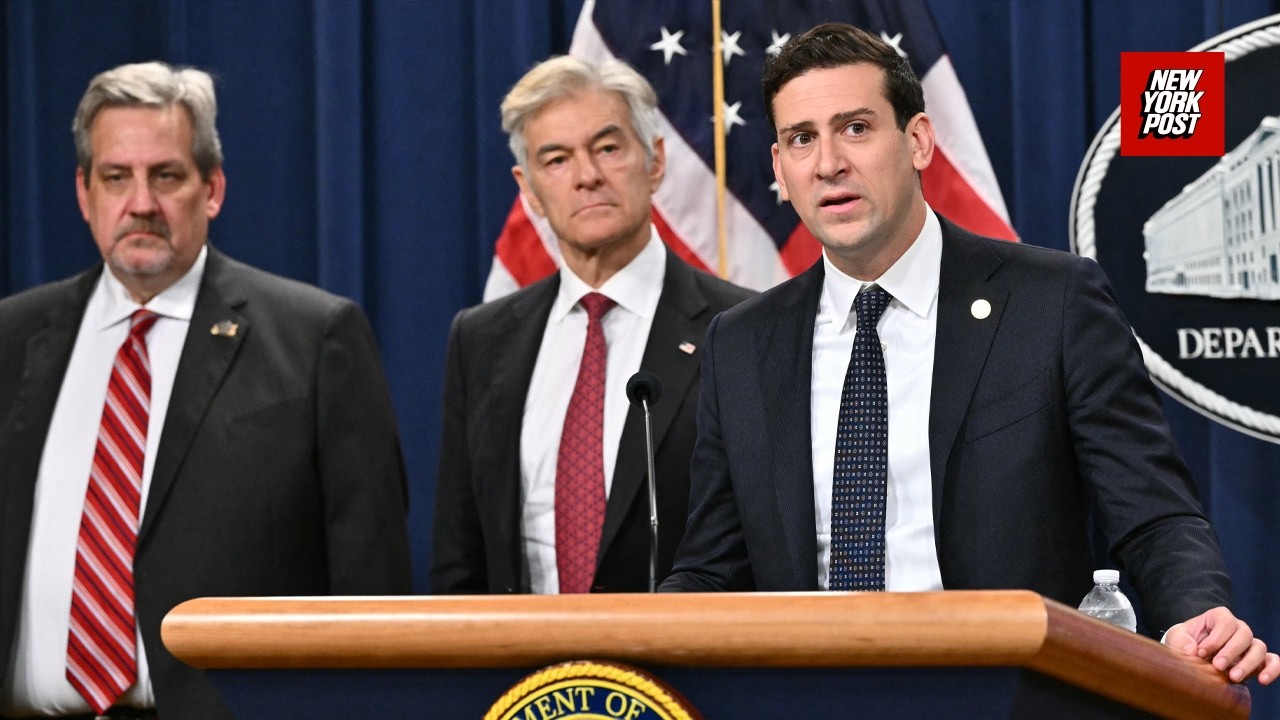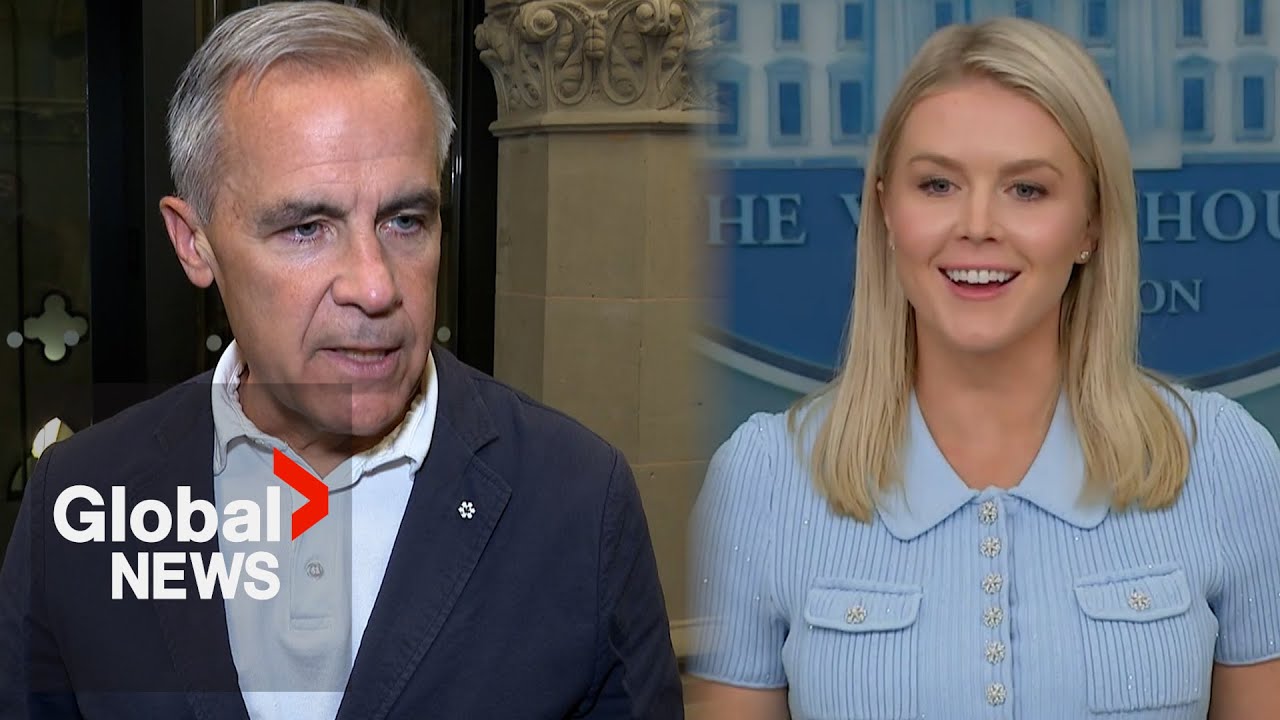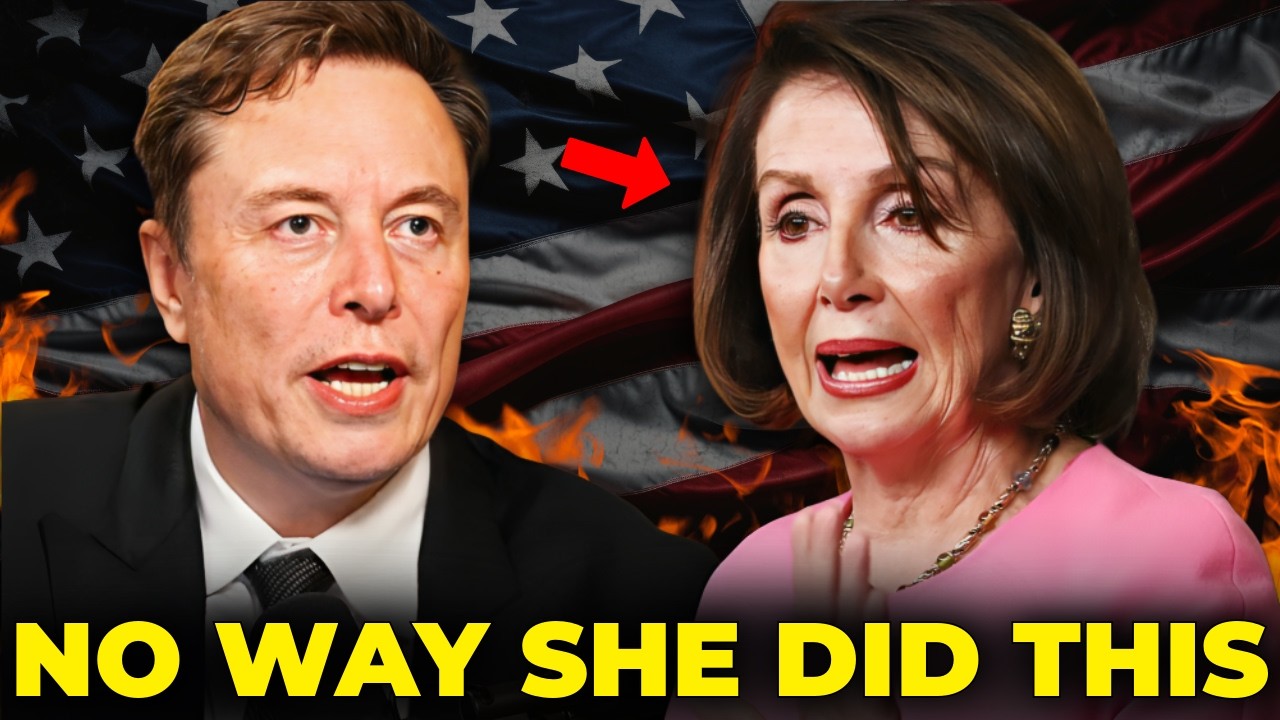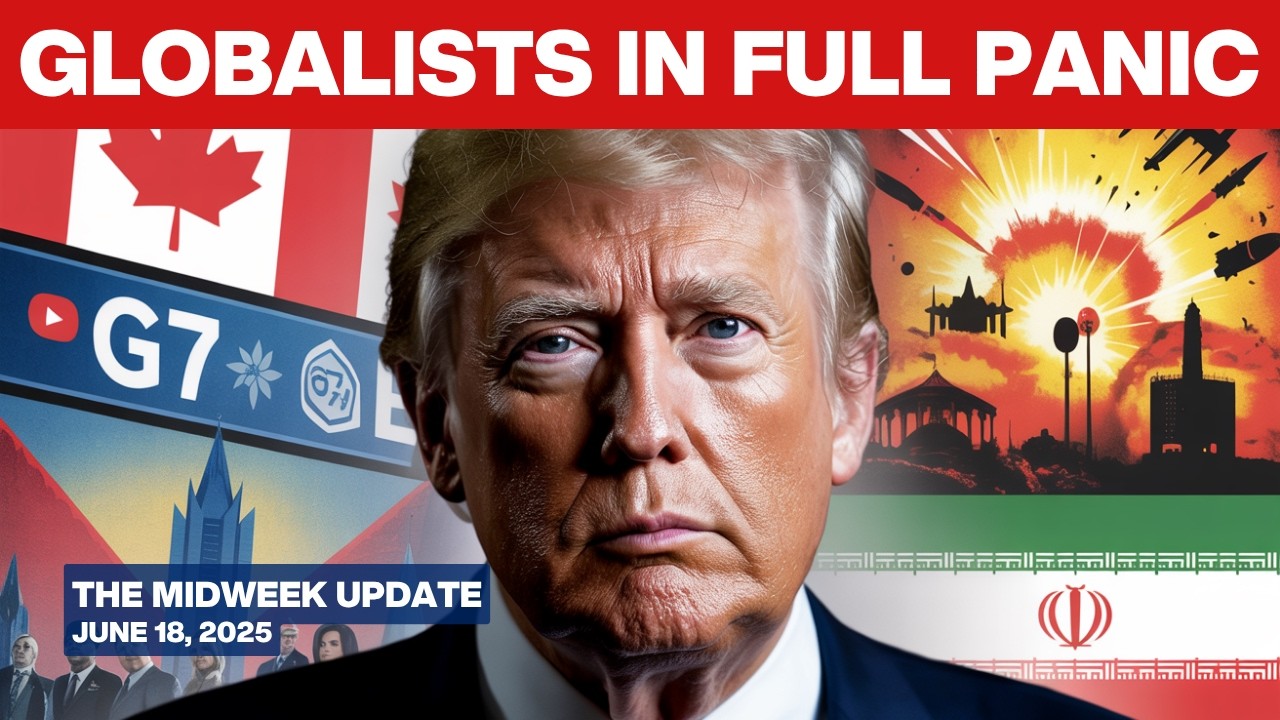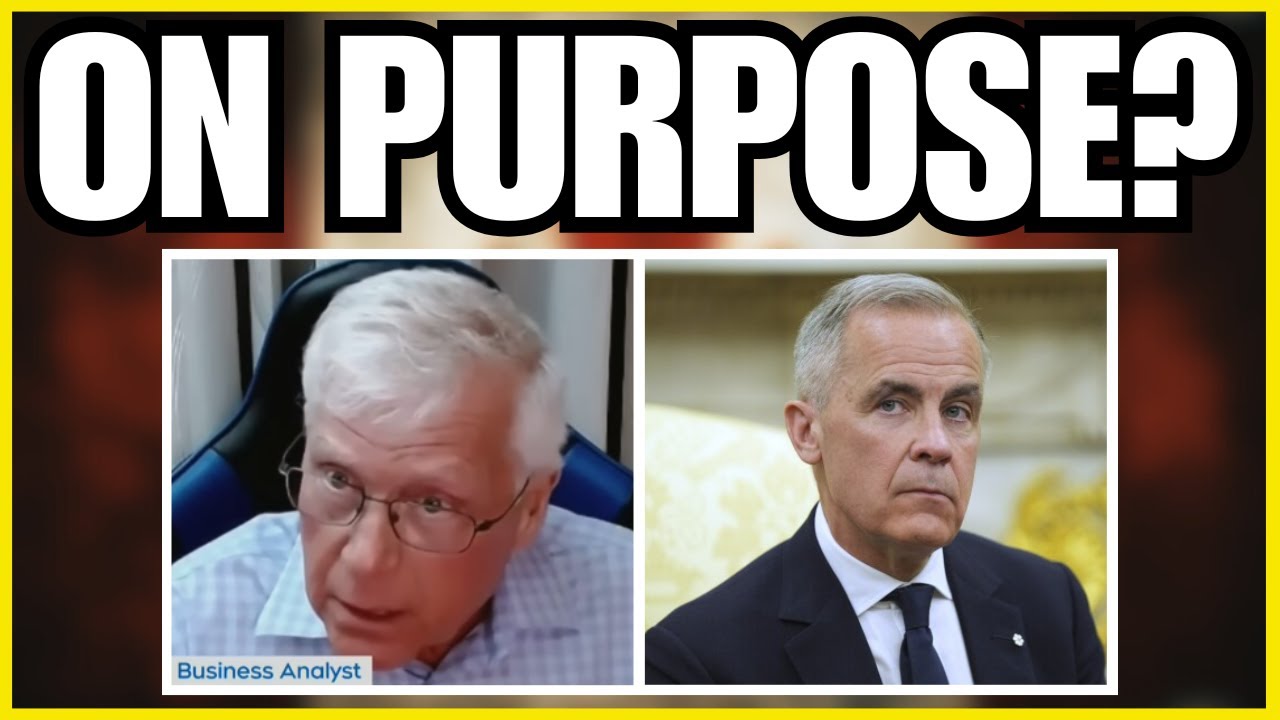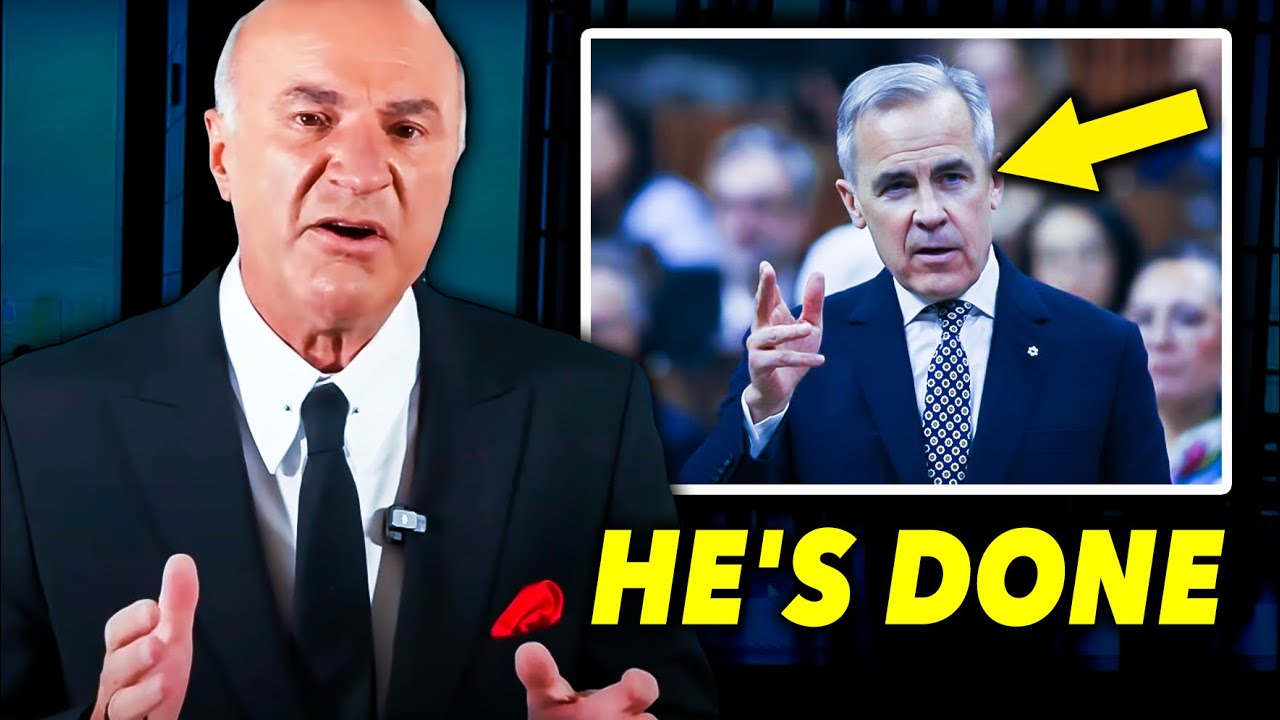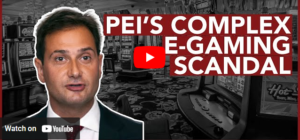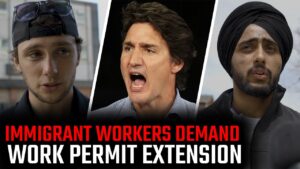OTTAWA — Prime Minister Justin Trudeau said Monday morning he’ll step down after his Liberal party chooses its next leader in a “robust, nationwide competitive process,” telling reporters assembled at Rideau Cottage that he asked party president Sachit Mehra on Sunday to start preparing for the contest.
Trudeau also said that Governor General Mary Simon had granted his request to prorogue Parliament until March 24.
It will also be the party’s first leadership race under a major 2016 rule change, which allowed anyone willing to register as a Liberal for free to vote in party contests.
Liberal MPs were asked to attend an “informational webinar” on Monday about the ins and outs of the Liberal Party of Canada constitution.
Here’s what the constitution, as it’s written, says about the imminent leadership race.
What happens next?
Mehra has said he’ll call a meeting of the party’s national board of directors, to be held this week. At the meeting, the board will set a leadership election date and appoint a committee to oversee the contest.
The board will also appoint a separate expenses committee to collect monetary deposits from leadership candidates and set spending rules.
When will the leadership vote take place?
The constitution sets out a campaign period of at least 90 days but allows the board to push the date forward under special “political circumstances.”
Ex-Liberal national director Jamie Carroll predicts that the leadership vote will take place within the next 45 days, to give the new prime minister time to pass an appropriations bill before the federal government runs out of money on March 31.
An expedited race would also give the new leader at least a few weeks of runway before Parliament returns on March 24, when the government will likely face a non-confidence vote.
Who can vote?
Per the constitution, anyone who registers as a Liberal at least 41 days before the leadership election date can vote in the contest.
The Liberal party bills itself as “the most open movement in Canada.” Anyone aged 14 and older with a Canadian mailing address can register to join the party free of charge, as can Canadians living abroad who are eligible to vote in federal elections.
Trudeau defended the low barriers to party registration in recent testimony to a committee investigating foreign interference in Canada’s democratic processes.
“Expanding the pool is also a way to try to engage future voters — those too young to vote or who are not yet Canadian citizens,” Trudeau said in October.
How will votes be counted?
Like other major parties, the Liberals use multi-round voting with weights in place to give each electoral district an equal proportion of the vote. The candidate with the lowest total is dropped each round until one candidate hits a threshold of at least 50 per cent support.
Can the rules be changed?
The constitution can only be amended by a two-thirds vote of registered Liberals at an official party convention. Trying to do this within the already short window for the upcoming leadership vote would create a major time crunch.
How is the race likely to play out?
University of Manitoba political scientist Royce Koop, who wrote a book about the Liberal party’s internal processes, says an expedited race would tip the scales for “established candidates with a ready made base of support.”
Who are the contenders?
Cabinet members Melanie Joly, François-Philippe Champagne and Anita Anand are all thought to be interested in the job, as is ex-finance minister Chrystia Freeland. Ex-Bank of Canada Governor Mark Carney and former British Columbia Christy Clark are also rumoured to be organizing for possible leadership bids.

